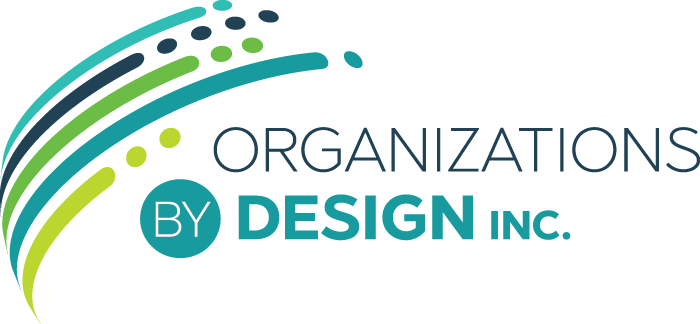I recently read an article from a June 2015 McCormick Centre titled Laughing Leadership by Holly Elissa Bruno. Holly began her article with a couple of questions: “Who makes you laugh? Really laugh. Laugh-until-you-cry laugh?” And, “Could you use a dose of that person right now?” My answer is absolutely, YES! Now I wonder, ‘where has my inner child gone?’
After reading this article, I began to wonder if we lost the art of play and have forgotten how to laugh together during the last 18 months. As I reflect on my non-profit leadership journey, I remembered times that I laughed and had fun with colleagues and clients-many times during the most difficult times. For it was then I most needed play and laughter to lift my spirit back up, to fill a void left by demanding work with vulnerable people, to build up my resiliency, to remind me that we are all human and part of being human is being able to laugh together. So, for 30 plus years, play and laughter were a part of my work world, tools that were important to my wellness and effectiveness as a leader.
I researched and found evidence and support for this way of being, including reading books and articles by Stuart Brown who is a medical doctor, psychiatrist, clinical researcher, and the founder of the National Institute for Play. He has been documenting the significance of play in our lives and at work. According to Dr Brown, “play is a biological drive as integral to our health as sleep or nutrition and we are designed by nature to flourish through play”. Play is essential for social skills, relationships, adaptability, intelligence, creativity, and ability to problem solve. Particularly in tough times, we need to play more than ever, as it’s the very means by which we prepare for the unexpected, search out new solutions, and remain optimistic.
There is a real physical and emotional release when you laugh which is good for managing stressors. And laughter brings the focus away from negative emotions in a more beneficial way than other mere distractions. Studies show that our response to stressful events can be altered by whether we view something as a threat or a challenge. Humor can give us a more lighthearted perspective and help us view events as challenges, thereby making them less threatening and more positive. Humility plays into our ability to laugh at ourselves and the situations we find ourselves in.
So why has play and laughter seemed so hard to find these past months? The effects of the pandemic on our stress response has affected our ability to think, process, remember, and function at our 100% capacity. Flight, fight or freeze responses to the fear of COVID-19 has our brains and bodies working overtime as we strive as leaders to keep ourselves, our employees, our clients and our families safe.
Looking at the situation objectively, it seems that the things we need most right now are laughter and play. These two things will help our bodies manage emotional stress, fight off illness and function more effectively at work and home. Dr Brown states that “When people are able to find their sense of play at work, they become truly powerful figures.” Leaders who play and laugh, model effective coping strategies for others, they often have strong relationships with colleagues and help generate options and creative solutions. They are often trusted and ‘liked’ by those they work with which gives them leverage to influence thinking and behaviors.
Perhaps you don’t feel you have time to play and perhaps you can’t find a reason to laugh. However, from my experience, I will suggest that you can’t afford not to do these things for yourself, your loved ones, your team and your organization.
Karen Caine (October 2021)
References
Laughing Leadership | McCormick Center for Early Childhood Leadership (nl.edu)

Recent Comments